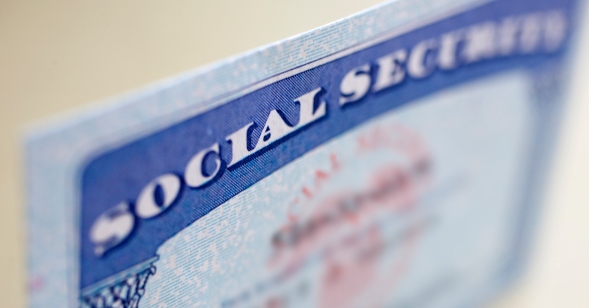 Think that identity theft is an adults-only problem? Think again. The trend of thieves targeting children’s identities is on the rise. As kids go back to school, parents need to know the signs that child identity theft happened–and how to prevent it.
Think that identity theft is an adults-only problem? Think again. The trend of thieves targeting children’s identities is on the rise. As kids go back to school, parents need to know the signs that child identity theft happened–and how to prevent it.
Child Identity Theft Can Go Undetected for Years
Thieves often obtain adults’ identity information from private mail (credit card statements, loan applications, and the like). Since children don’t have these things, one way for identity thieves to get children’s Social Security numbers (SSNs) is from the schools they attend or after-school programs they participate in.
Once a thief has the information, they can apply for credit cards and loans, rent an apartment, get a job, receive medical care, and more. People convicted of identity theft usually face prison sentences of 5-30 years, though identity theft combined with tax fraud can lead to sentences of 100 years or more.
Child identity theft is so insidious because it often goes undetected until the child is old enough to apply for things such as credit cards and car loans. In cases of “synthetic identity theft,” where the child’s SSN is attached to the name and birth date of someone else to create a completely new identity, the fraud may not show up on the child’s credit report at all, but may cause trouble down the road.
How to Know Your Child’s Identity Has Been Stolen
You may receive mail from debt collectors or credit card companies in your child’s name, or hear from the IRS or state tax agency about your child’s unpaid taxes. You may also receive a notice from the IRS about benefits that were denied because your child’s SSN was already in use and drawing other benefits. If you do receive this kind of mail, you should suspect identity theft.
To verify this, the first thing to do is to check with the three main credit bureaus (Equifax, Experian, and TransUnion). Children should not have credit reports, and if they do, it’s a sign their information has been stolen. Ask each bureau to check for files attached to your child’s name plus SSN, as well as files attached only to the SSN. The latter will help you discover cases of synthetic identity theft.
If something turns up in the search, ask each credit bureau to remove the information and to put a fraud alert on those files. Then contact the individual businesses where the identity was used, inform them of the situation, and ask them to close the relevant account. From this point on, be vigilant. Continue to check your child’s information–especially as they approach adulthood.
But how can you keep identity theft from happening in the first place? Read on.
How to Prevent Child Identity Theft
Like preventing your own identity from theft, keeping your child from being the victim of identity theft is all about keeping information out of the wrong hands.
- At home, store your child’s information safely, and don’t assume that leaving it unsecured is okay. (It’s estimated that in nearly a third of cases, the thief was personally connected to the child, i.e., a family member or family friend.)
- At school, ask administrators how they keep students’ information safe, and exercise your right to refuse to allow the school to share your child’s information (like address, date of birth, etc.) with a third party. Don’t list the information in the school directory, either.
- Don’t automatically give out your child’s SSN when asked for it. Make sure there is a good reason. Ask what they intend to do with it and why it is essential.
Schools across the country are working hard to increase data security, but sometimes, despite best efforts, they are unable to keep information secure. That’s why you cannot assume that information you give to a school is safe.
The Federal Trade Commission (FTC) is a great resource for information on child identity theft, and includes checklists to help you every step of the way, and links to file a report with them. In some cases, you should file a police report as well.



